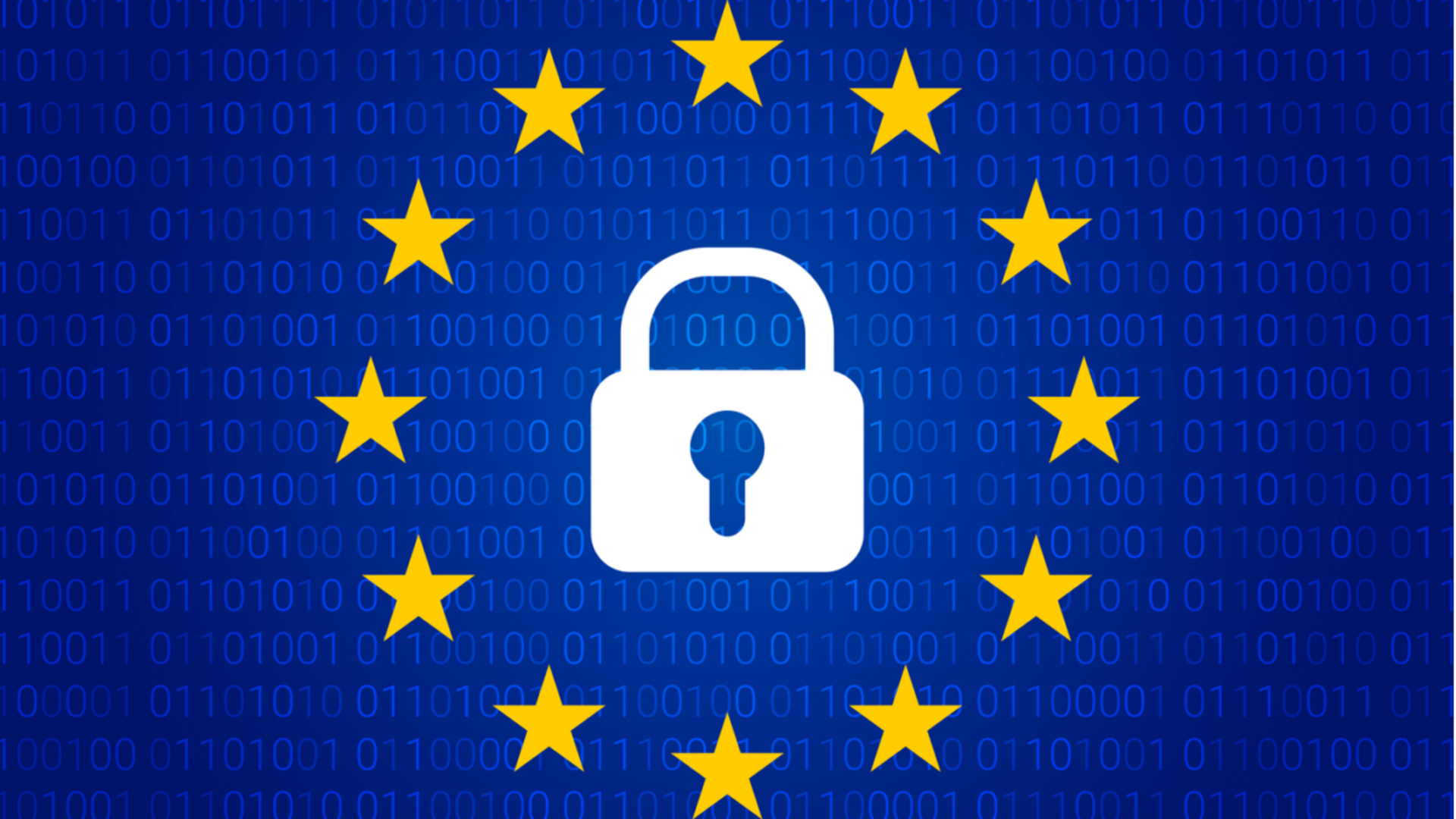
EU's digital rules will change Big Tech operations: Here's how
What's the story
This week, the European Union's Digital Services Act (DSA) takes effect, impacting 19 major platforms, including Google, Facebook, TikTok, and Amazon. The DSA aims to protect users from harmful content and ensure that platforms adhere to strict regulations. Companies are now required to promptly and objectively remove flagged illegal content or products. For example, Amazon has launched a new channel in order to report suspected illegal products, while TikTok has introduced an additional reporting option for users.
Details
Protecting vulnerable groups from targeted advertisements
DSA prohibits targeting vulnerable groups, such as children, with ads. Snapchat announced that advertisers in the EU and UK will no longer be able to use optimization and personalization tools for teens. Violations of the DSA could result in fines of up to 6% of a company's global revenue and even being banned from the EU. Platforms must measure potential systemic risks and submit required assessments by August end, which will then be independently audited to verify compliance.
What Next?
Europe's regulations could impact global tech scene
Europe's regulatory changes may have a global impact. Wikipedia is updating its terms of service and policies to address problematic users and content worldwide. According to a professor at the University of East Anglia, Sally Broughton Micova, it will be challenging for tech firms to limit DSA-related changes. It is because digital advertisement networks and social media influencers have a global reach.
Insights
DSA to have ripple effect on multichannel networks
The new regulations will likely create a ripple effect as they deal with multichannel networks operating globally. As platforms implement mitigation measures, the impact of the DSA is expected to extend beyond Europe, influencing tech companies and users worldwide.